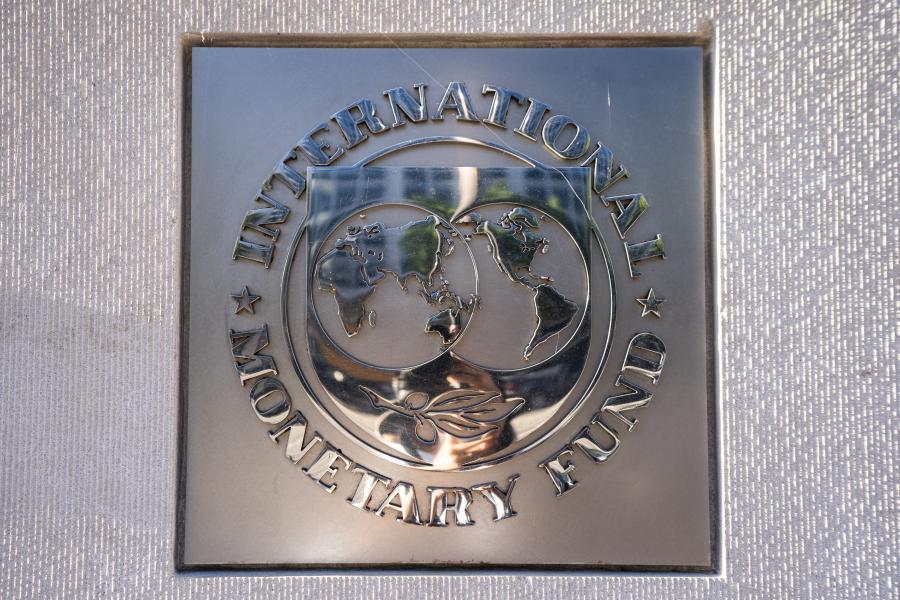Africa-Press – Tanzania. The International Monetary Fund (IMF) estimates that African countries will require even more financial assistance, despite having already received nearly $70 billion in funding since 2020 to support their economies.
“We continue to see strong demand from African countries for IMF support—including new programs, program extensions, and increased financing—driven by persistent economic shocks and mounting debt pressures,” an IMF spokesperson told Bloomberg. The Fund has provided almost $70 billion (€60 billion) to African economies since the onset of the COVID-19 pandemic.
Currently, the IMF has over 20 active financial adjustment programs across Africa, including in the Portuguese-speaking countries of Cape Verde, Guinea-Bissau, and São Tomé and Príncipe. It is also in talks to restart its program in Mozambique. Only Angola and Equatorial Guinea are not part of any active funding program, with Equatorial Guinea having concluded a technical assistance initiative in July that did not include financial support.
Some countries—such as Malawi, Kenya, and Mozambique—had to suspend their programs after failing to meet agreed targets. However, negotiations with the IMF are ongoing. Meanwhile, Uganda and Senegal are seeking new programs, and Zambia is negotiating a one-year extension to its current arrangement.
According to the United Nations, Africa’s external debt now exceeds $650 billion, with debt service costs projected to reach nearly $90 billion by 2024. These high debt levels have prompted foreign investors to demand higher interest rates on loans and debt issuances. As a result, many countries are increasingly turning to domestic debt markets. However, this shift has raised concerns about local banks’ ability to finance the private sector effectively.
In Cape Verde, the IMF announced in July a 15-month extension of its Extended Credit Facility (ECF) and increased the available financing to approximately €60 million.
At the same time, IMF management approved a 15-month extension of Cape Verde’s Resilience and Sustainability Facility (RSF), which supports climate-related investments, along with the rescheduling of disbursement dates under the program.
In Guinea-Bissau, an ECF arrangement is currently in place, under which the IMF has provided around €40 million in financing so far.
Mozambique’s financial adjustment program was halted at the end of last year, after widespread target slippages linked to post-election violence in the final quarter of the year. Nevertheless, the IMF announced in late August that discussions on a new financial adjustment program would continue “in the coming months.”
In São Tomé and Príncipe, the IMF is supporting an ongoing ECF program that runs through late 2027, with disbursements expected to total more than €21 million.
For More News And Analysis About Tanzania Follow Africa-Press







